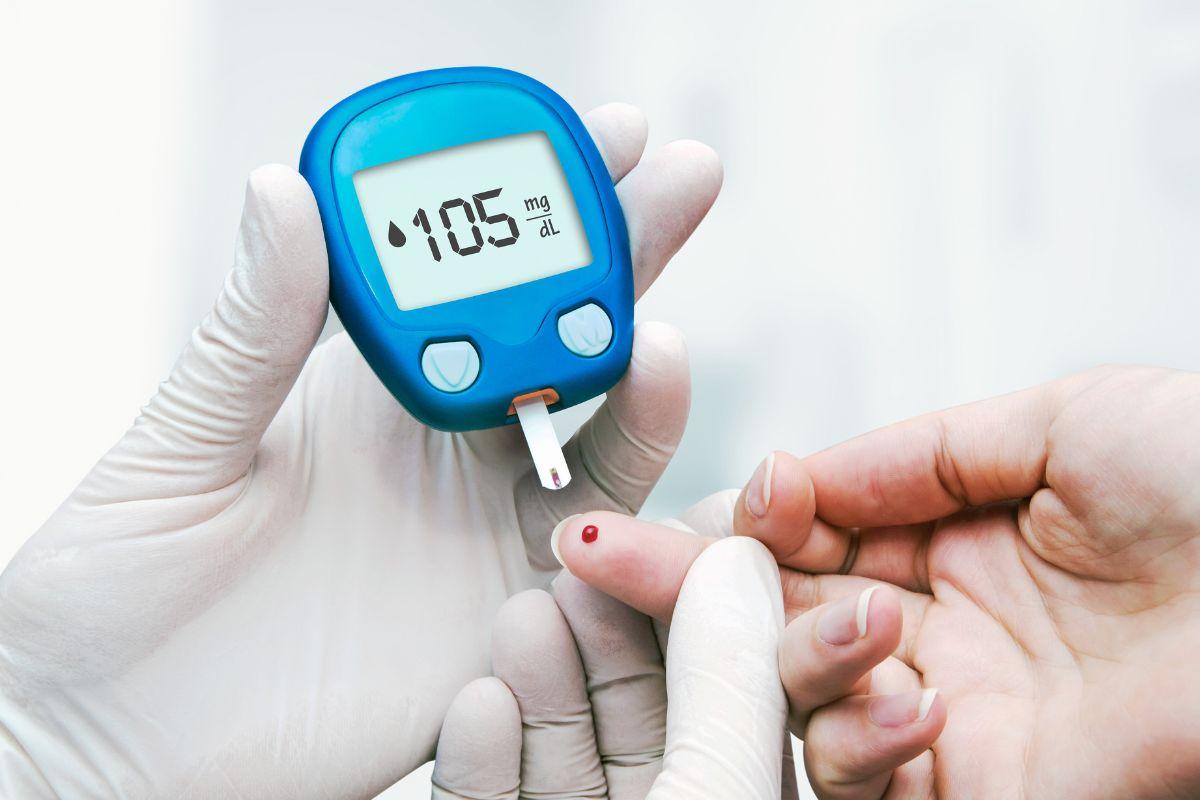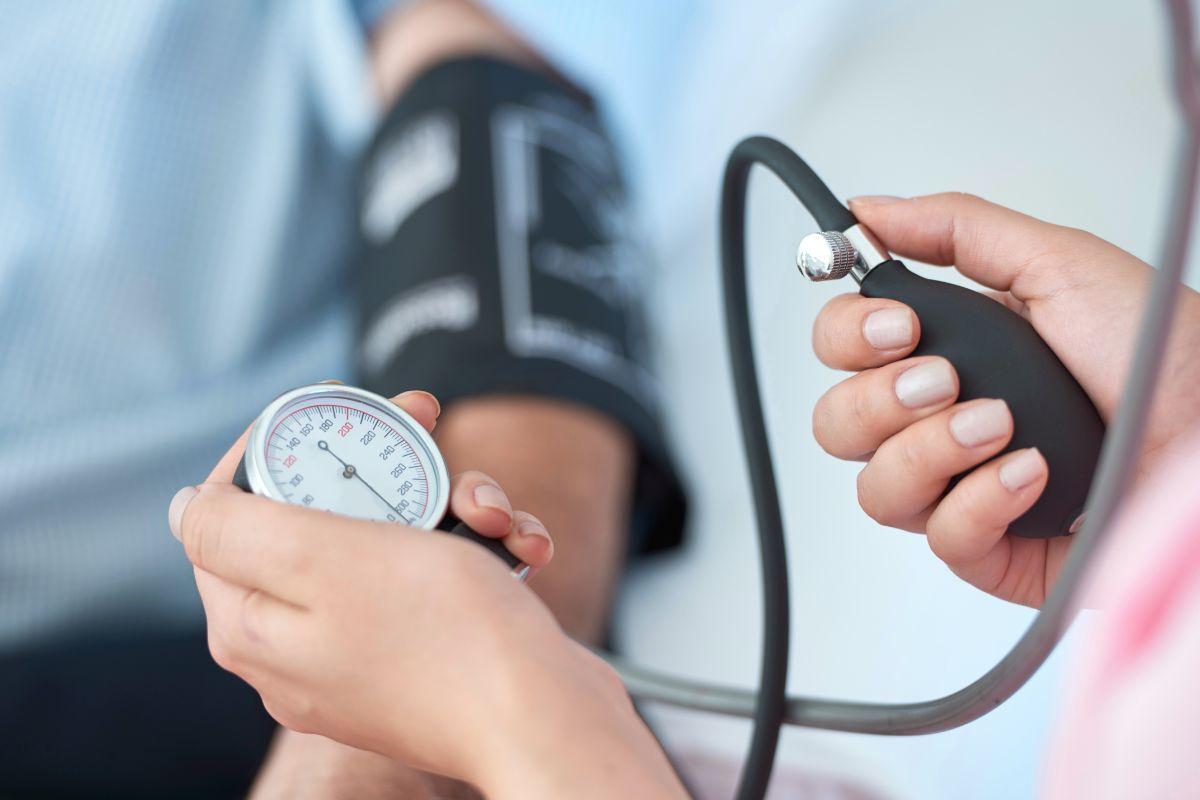March is Ovarian Cancer Awareness Month, and people all across the UK have been working hard to raise awareness of this often misunderstood condition. But is it really the silent killer it’s often described as, and what symptoms of ovarian cancer should we be looking out for? It’s time we all get clued up.
Consultant Gynae-oncologist, and Doctify specialist, Mr Jayanta Chatterjee gives his expert view.
Early detection of cancer is vital
Ovarian cancer continues to cause more deaths than any of the genital tract cancers in women. There are many factors that cause gynaecological cancers. Screening and awareness of early signs and symptoms can result in early detection, and as a result treatment is more likely to be successful and a complete cure is a possibility. Diet, exercise and lifestyle choices play a significant role in the prevention of cancer, and knowledge of family history is also important. Finding out if someone may have a gene that makes them susceptible to cancer can increase the chance of prevention or early diagnosis.
Symptoms of Ovarian Cancer
Contrary to the commonly held perception, ovarian cancer is neither a disease without symptoms or a so-called ‘silent killer’. The initial symptoms women present with are often associated with other conditions, especially abdominal and gastrointestinal disorders. Therefore, it’s not until later stages of the disease that they then become very obvious. A strong family history of certain cancers may indicate the presence of hereditary gene mutations.
The following symptoms should lead to early investigation and referral to a specialist:
- Irregular periods
- Post-menopausal bleeding
- Lower abdominal pain
- Back ache
- Needing to urinate more often.
Screening in high-risk groups of women, using scans and blood tests, may help in early detection. Opting for surgery to lower the risk of getting ovarian cancer is almost an absolute preventative measure in this group of women.
The future of treatment
A combination of surgery and chemotherapy continues to be the treatment for ovarian cancer. However, in advanced stage disease, the rate of the cancer returning is high. New therapies based on the molecular, immunological and genetic profile of the tumour and the patient are currently in clinical trial. Treatments like this have raised hope that women can be cancer-free for longer, and will potentially impact on the number of women beating ovarian cancer.




